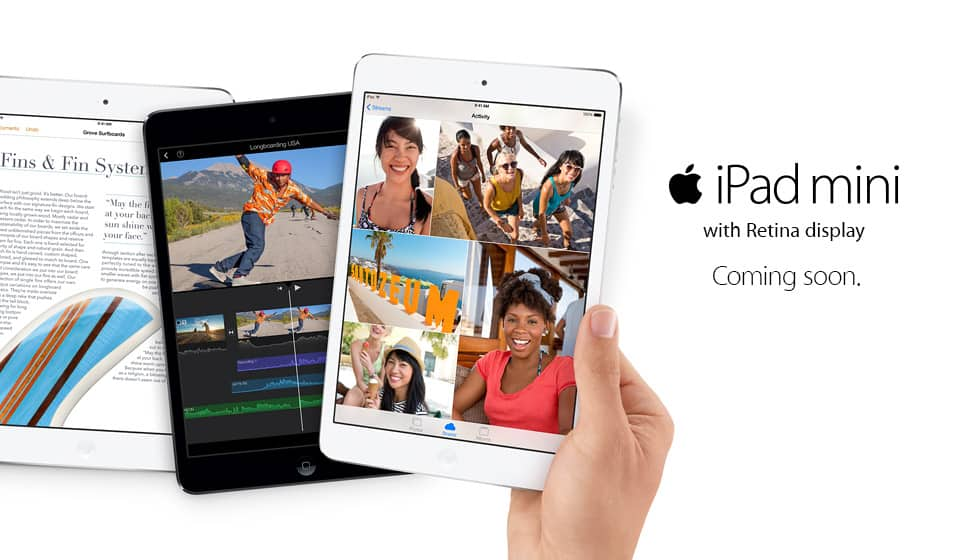For many years, Tiger Woods was not only a reigning champion in golf, but he was a highly regarded figure in the golf community and many golf enthsiasts thought of him as an associative figure. An associative figure/group “is a group with which the individual would like to be associated or identified”. Tiger Woods was a very prominent figure and many customers of Nike, EA Sports, etc liked to be associated with Woods and would purchase merchandise by using him as a reference group. However, after Tiger Woods scandal in the year 2009 many customers then wanted to dissociative themselves from Tiger Woods, a man who was once a model figure; this is known as a dissociative reference group, where “group is characterized by attitudes, values, or behaviors inconsistent with those held by an individual [and] the individual wants to distance him or herself from this group”.

Major companies viewed this as a threat and believed that not only would their sales take a hit, but more importantly they would be promoting their brand, idea, and products through a dissociative reference individual. So, companies like AT&T, Gatorade, Gillette, Tag Heuer, and more dropped Tiger Woods from their company and ended all endorsement contracts.

Companies do not want to associate with a dissociative reference group and in some extreme cases they even pay individuals to stay away from the company’s products. For example, “teen apparel retailer Abercrombie & Fitch Co. [offered] to pay Michael “The Situation” Sorrentino not to wear its merchandise”.

